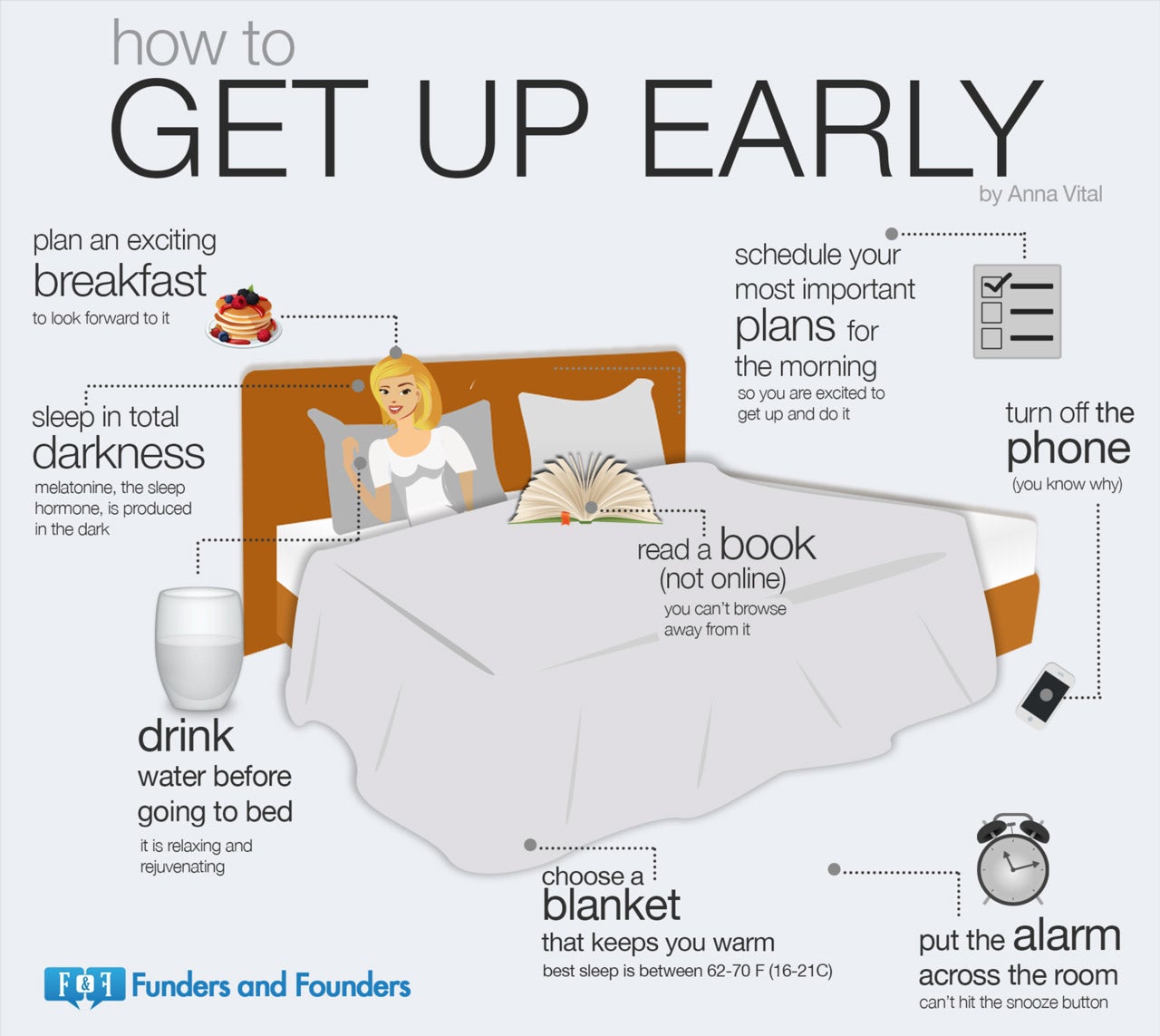A 30-minute snooze can repair the damage caused by a lack of sleep, study finds
- Naps help relieve stress and bolster the immune system, study finds
- Scientists hope findings will help shift workers and insomnia sufferers
- Sleep deprivation increases risk of obesity, diabetes and depression
- New research found 30-minute nap helps repair damage of too little sleep
Indulging in a power nap can repair the damage caused by a lack of sleep, new research today claims.
Having a 30-minute snooze can help relieve stress and bolster the immune systems by restoring hormones and proteins to normal levels.
Scientists hope their findings will help shift workers and those suffering insomnia, by mitigating the damage caused by too few hours sleep.
Sleep deprivation not only puts people at increased risk of suffering accidents, but they are also more likely to develop chronic diseases including obesity, diabetes, high blood pressure and depression.

Indulging in a 30-minute power nap can help restore the damage caused by having too little sleep, a new study has today revealed
Dr Brice Faraut, of the Université Paris Descartes-Sorbonne Paris Cité, said: 'Our data suggests a 30-minute nap can reverse the hormonal impact of a night of poor sleep.
'This is the first study that found napping could restore biomarkers of neuroendocrine and immune health to normal levels.
'Napping may offer a way to counter the damaging effects of sleep restriction by helping the immune and neuroendocrine systems to recover.
'The findings support the development of practical strategies for addressing chronically sleep-deprived populations, such as night and shift workers.'
The study examined the relationship between hormones and sleep in a group of 11 healthy men between 25 and 32.
During one session, the men were limited to two hours of sleep for one night.
For the other session, they were able to take two, 30-minute naps the day after their sleep was restricted to two hours.
Each of the three-day sessions began with a night where subjects spent eight hours in bed and concluded with a recovery night of unlimited sleep.
Their urine and saliva was analysed to determine how restricted sleep and napping altered hormone levels.
After a night of limited sleep, the men had a 2.5 fold increase in levels of norepinephrine, a hormone and neurotransmitter involved in the body's fight-or-flight response to stress.
Norepinephrine increases the body's heart rate, blood pressure and blood sugar. Researchers found no change in norepinephrine levels when the men had napped following a night of limited sleep.
Lack of sleep also affected the levels of interleukin-6, a protein with antiviral properties, found in the saliva.
The levels dropped after a night of restricted sleep, but remained normal when the subjects were allowed to nap. The changes suggest naps can be beneficial for the immune system.
The study was published in the Endocrine Society's Journal of Clinical Endocrinology & Metabolism.
Source:dailymail.co.uk/health/article-2947999/Power-napping-really-good-Just-half-hour-snooze-repair-damage-caused-lack-sleep-study-finds.html#ixzz3RMrLCtJb


















